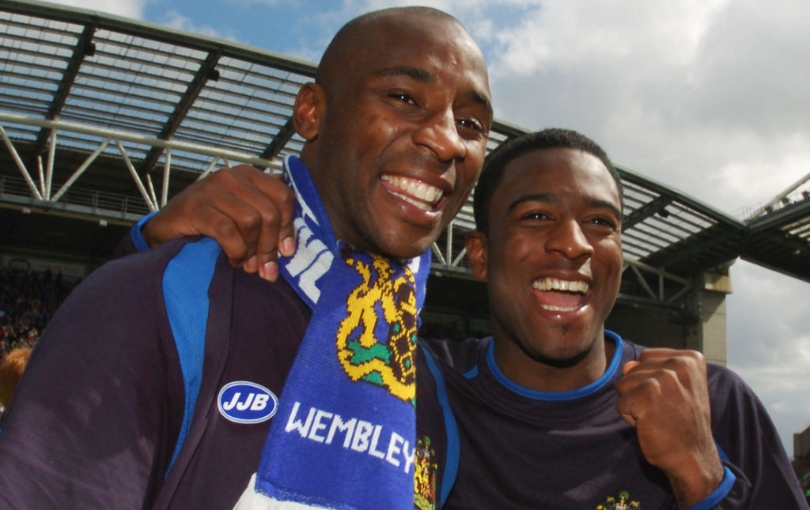Rated! YOUR Premier League club's best player of 2017-18
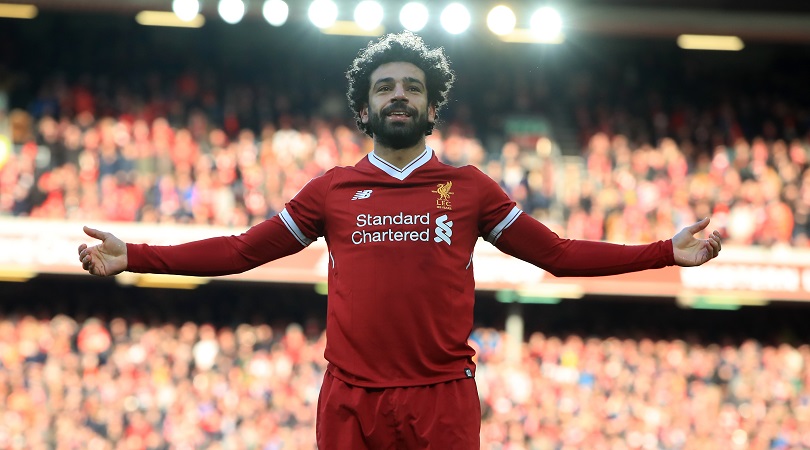
Best Premier League players
The 2017-18 Premier League season is now over, so it’s time to cast an eye back over the campaign. Who has starred for their clubs? In some cases there's an obvious answer, but others are more difficult - either due to a multitude or paucity of candidates.
In this slideshow we pick out the best player from every top-flight team this term…
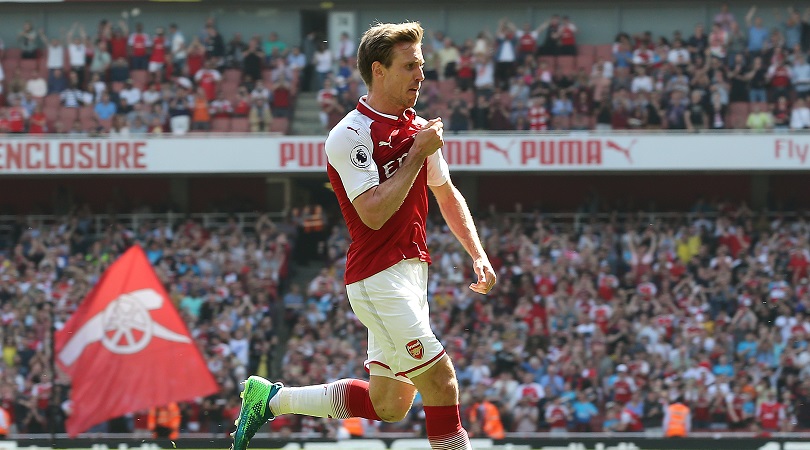
Arsenal: Nacho Monreal
The centre of Arsenal’s defence has been a disaster zone for some time, but Monreal should remain exempt from much of the criticism.
Beyond his literal footballing worth, there’s also a spikiness to the Spaniard which these last few Wenger sides could have done with more of over the past few years. He’s a neat player, skilled too, but he’s also an outlier in the sense that he’s one of few in this group who visibly dislikes losing.
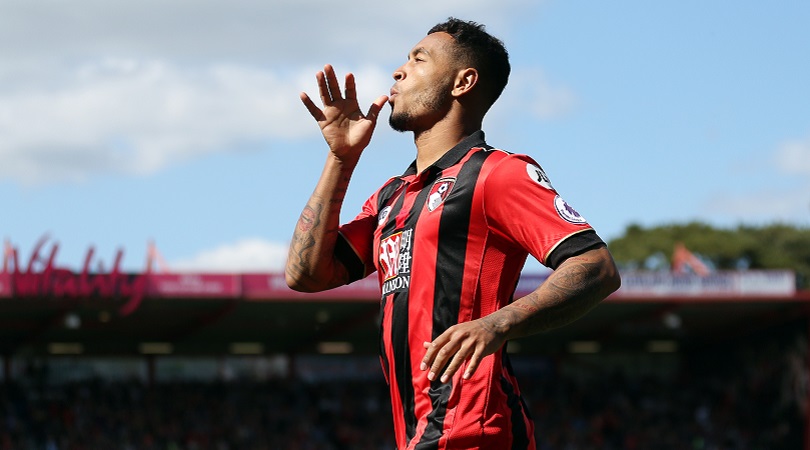
Bournemouth: Josh King
Lewis Cook has frequently been very good and Nathan Ake has stood out in spite of defensive issues around him, but King’s value to that forward line has probably been worth just a bit more.
The Norwegian’s game isn’t just about goals: he scored only eight times this season and is nobody’s idea of a prolific forward. Instead, he brings a verticality to Bournemouth which they lack when he’s not on the field, and has a range of movement which the supporting players depend on.
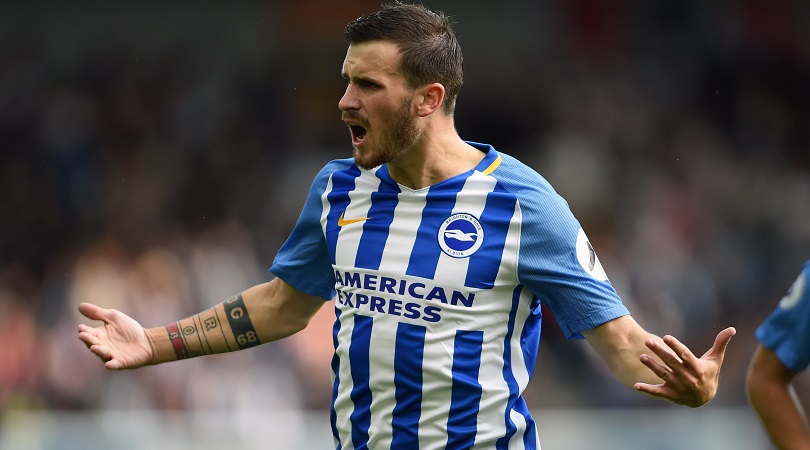
Brighton: Pascal Gross
As well as being Brighton’s standout performer, Gross was also the finest bargain signing of the season across the entire league, costing just £3m from Ingolstadt.
Shane Duffy and Lewis Dunk were both outstanding across the whole campaign, and Glenn Murray's 12 league goals sure didn't hurt, but Gross’s creativity and overall class were probably the difference between Albion struggling manfully against relegation and actually surviving it. Fittingly, his winning goal against Manchester United effectively kept them up.
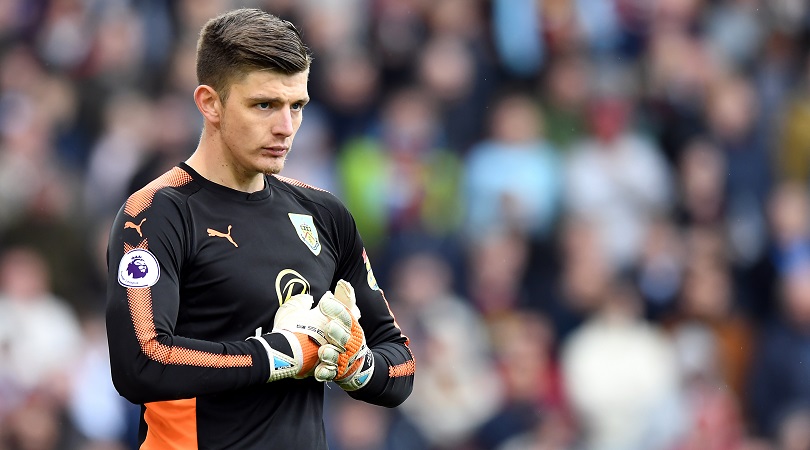
Burnley: Nick Pope
Burnley were hardly short of candidates, but Pope warrants special praise for the challenges he faced and conquered. A couple of FA Cup appearances aside, he spent all of last season on the substitutes’ bench and, prior to that, had never played outside the Football League.
The former Charlton glovesman may not be a high-wire, gravity-defying player, but his hands have been safe and his reliability under crosses has taken the pressure off a defence that has been tested this season.
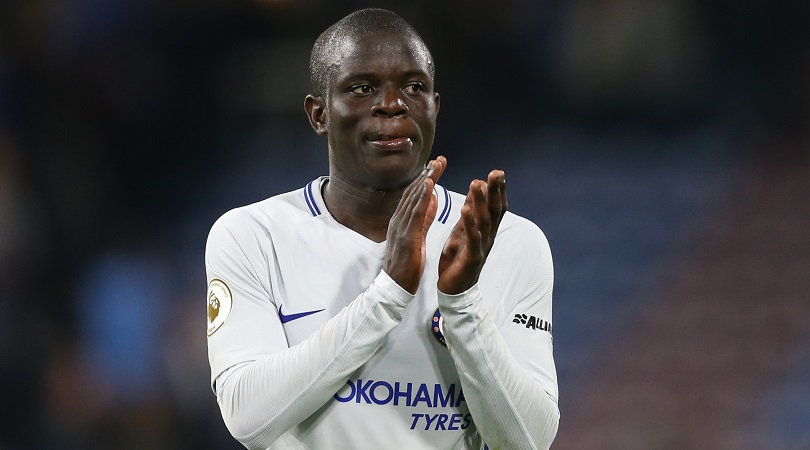
Chelsea: N’Golo Kante
Willian warrants a mention, so too Cesar Azpilicueta, but Kante also managed to survive Antonio Conte’s great sulk and give a fine account of himself.
Talking of “complete” midfielders is a cliché, but the Frenchman is remarkably rounded. His attacking contribution wasn’t what it was last season, probably because of Alvaro Morata’s issues and the general dysfunction in that part of the side, but his ball-retrieval and distribution make him the one player Chelsea can never be without.
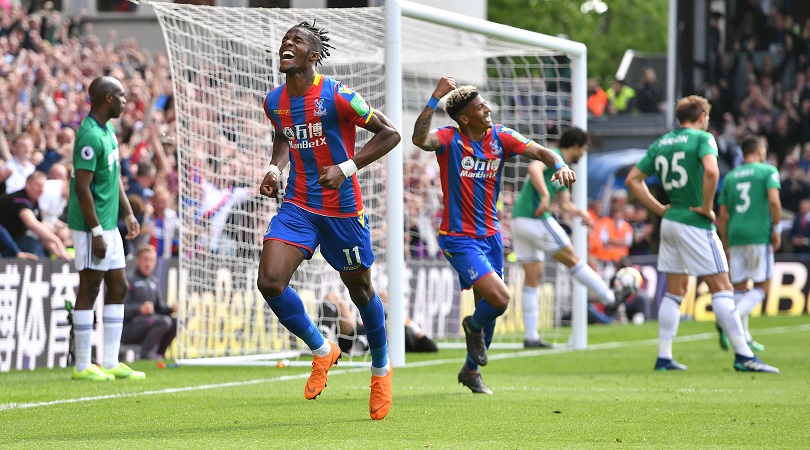
Crystal Palace: Wilfried Zaha
Frank de Boer’s Palace team had more than one deficiency, but it’s not a coincidence that such an anaemic spell coincided with the absence of Zaha. Nor was it a surprise to see him front and centre of their revival.
The defining factor is not only that obvious threat he carries and the goals he scores, but how tightly he’s woven into nearly every aspect of his team’s play. Zaha has been the principal goal threat from open play and their most dangerous attacking player, but also Palace’s regular out-ball and a key link between defence and attack.
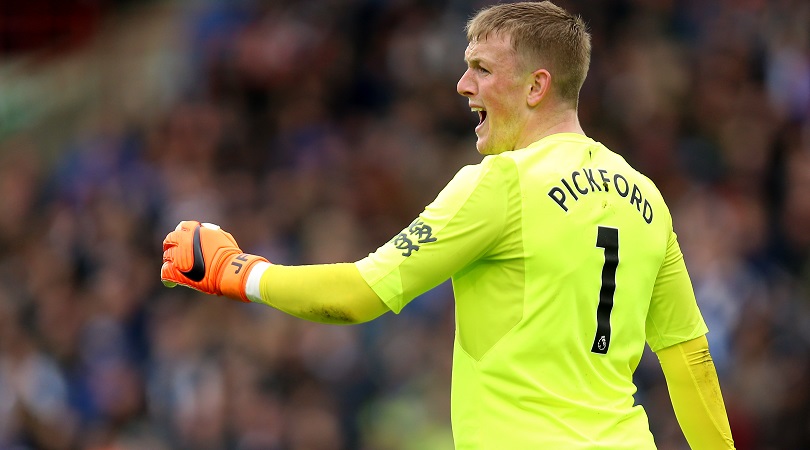
Everton: Jordan Pickford
There wasn’t much competition for this award, with Pickford a rare bright spot in an underwhelming season for the Toffees. Dominic Calvert-Lewin had some encouraging moments and Seamus Coleman’s return from injury was certainly welcome, but Everton’s goalkeeper has been their only true, consistent asset.
This is a basket case of a squad, ludicrously over-stocked with certain attributes and desperately short of others, and yet Pickford’s form has remained admirably impervious to those issues.
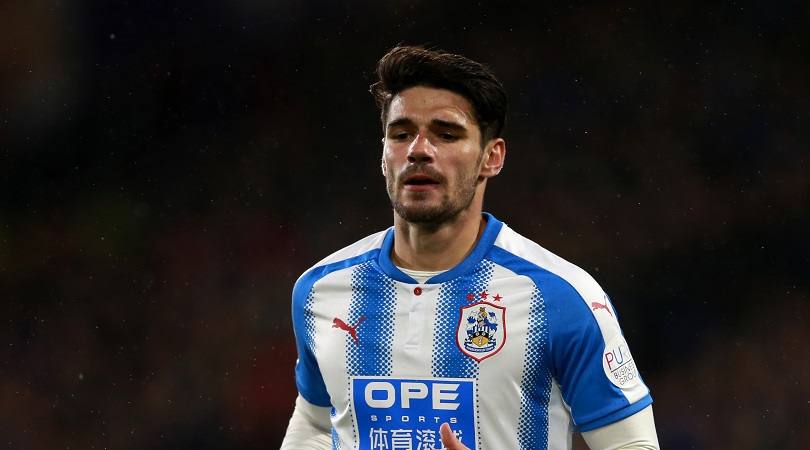
Huddersfield: Christopher Schindler
Aaron Mooy is talented and numerous others have had encouraging debut campaigns in the Premier League, but Huddersfield avoided relegation by virtue of their defending as a group.
With that in mind, the light falls on Schindler: present in all but one game and the critical organisational piece in David Wagner’s rearguard. The resistance in the recent draws with Manchester City and Chelsea was remarkable and the German was, as he had been all season, right in the middle of it.
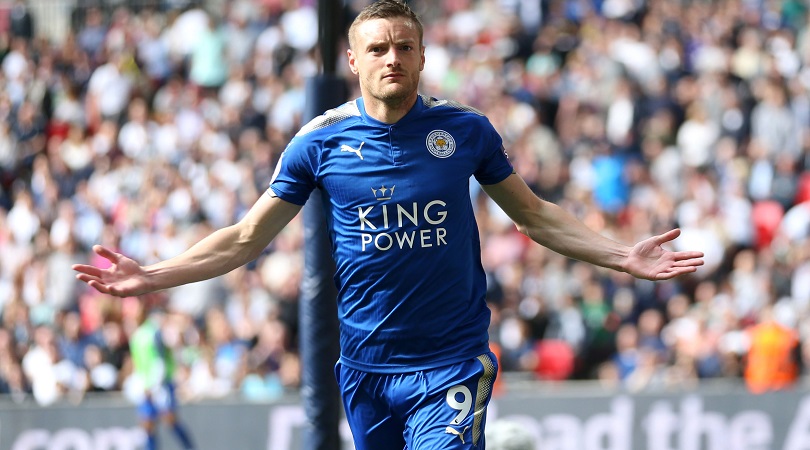
Leicester: Jamie Vardy
Harry Maguire has played quite well, albeit with a couple of nasty moments, and either side of his flounce Riyad Mahrez also showed class. Vardy wins this one, though, scoring 20 goals and proving there is far more to his game than just raw pace.
His speed remains lethal, of course, but the England international also looked to be a wiser forward; a bundle of energy with the usual chip on his shoulder, but also with a more nuanced understanding of how to find the net.
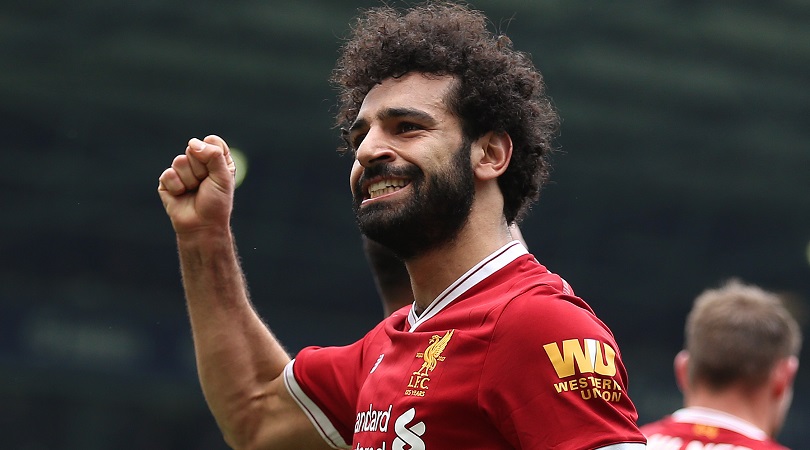
Liverpool: Mohamed Salah
Salah has acquired a Luis Suarez-esque role at Liverpool. He’s a different type of player, but his effect on those around him is very similar.
The Egyptian has been excellent individually and the new Premier League goalscoring record is testament to that, but the fractures that style creates in opposing defences have enabled other parts of the team to perform well above their previous level. The ex-Chelsea man has been exhilarating to watch and fully deserved his PFA and FWA Player of the Year awards.
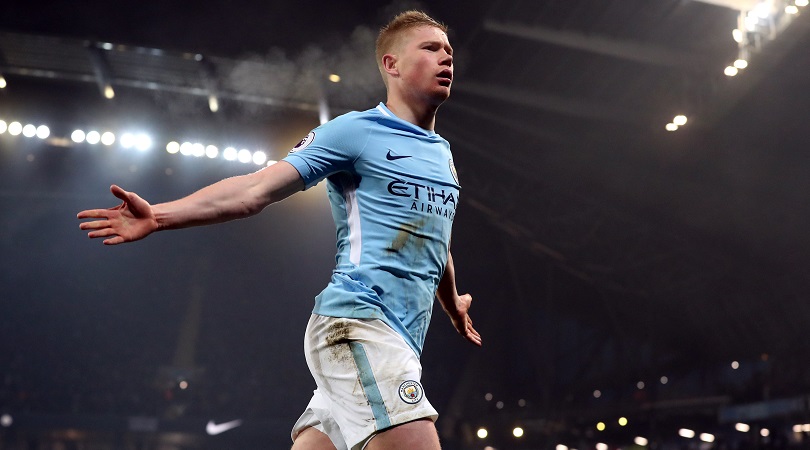
Manchester City: Kevin De Bruyne
In spite of Pep Guardiola’s coaching and the array of stars they’re stuffed with, Manchester City wouldn’t be the same without De Bruyne. Mohamed Salah may have been its top scorer, but the Belgian is the top flight’s most dangerous player.
He evolved in 2017-18, too. No matter in which position he was deployed, De Bruyne brought something different to the role: penetrative running, a broad armoury of passes, or a goal threat from anywhere inside 30 yards.
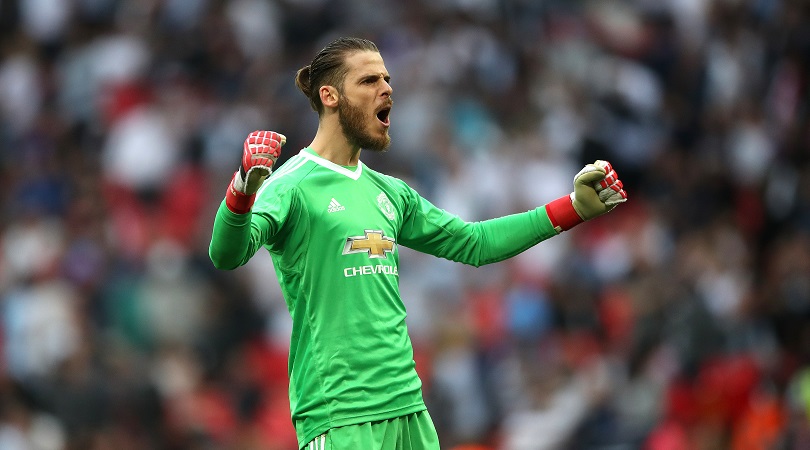
Manchester United: David de Gea
What’s really remarkable about De Gea is not only his consistency, but the range of his ability – every season brings a highlight reel different from the last. There are new, better saves, more vivid testament to his agility, and even evidence that his reflexes are growing sharper.
And thank goodness, because without him, Manchester United and Jose Mourinho would be in trouble. They’re a good team, but not a very good one: vastly inferior to Manchester City and not clearly better than either Liverpool or Tottenham. Analysing xG suggests he prevented a league-leading 14 goals this season. A second-place finish wouldn’t have been possible with the Spanish shot-stopper.
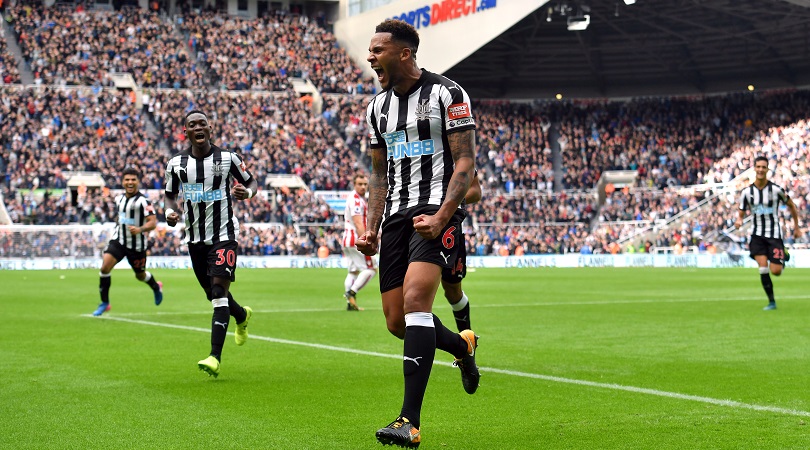
Newcastle: Jamaal Lascelles
The key to Newcastle’s survival was tone – one which, since he arrived at the club, Lascelles has done more than anyone to maintain. His partnership with Florian Lejeune has been resilient, but what he represents is arguably worth more.
Martin Dubravka was excellent after arriving in January and Jonjo Shelvey finished the season well enough to involve himself in the World Cup discussion, but Lascelles helped to create the conditions for what took place at St James’ Park.
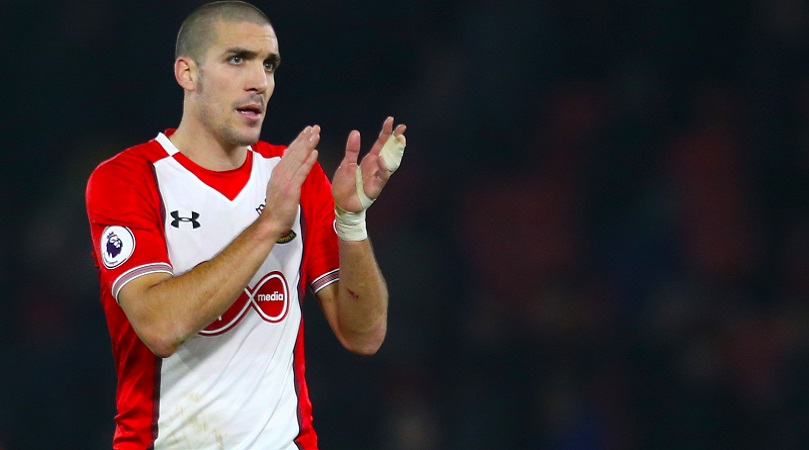
Southampton: Oriol Romeu
A damning selection, because it illustrates the imbalance in Southampton’s squad. Romeu hasn’t needed to be outstanding to be his side’s best player, instead rising to the top of the list simply by being competent.
It’s easy to miss his contribution, because his game is predicated on retrieving possession and passing it on to more cultured players. However, with a changing cast of players around, behind and in front of him, the midfielder maintained the high standards he set last season.
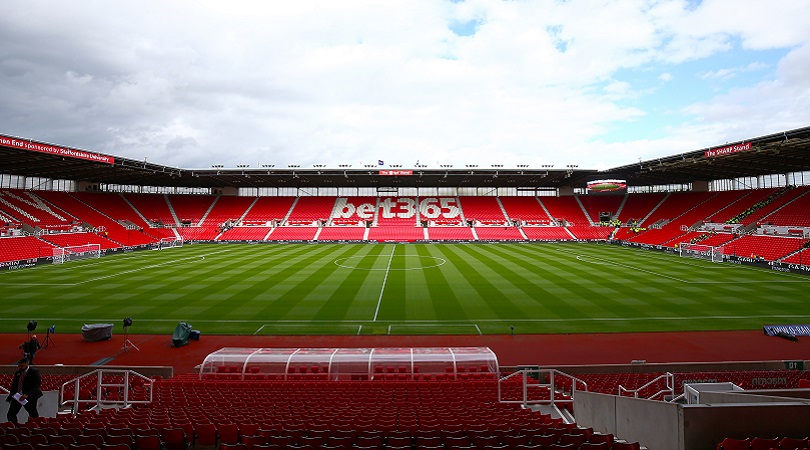
Stoke: bet365 Stadium groundsmen
Stoke’s headline problem this year was a lack of goals, but that was an issue exacerbated by a raft of additional micro-failings. Jack Butland had a poor year, the defence ahead of him was constantly undermined by forced change, and for much of the season their midfield had only a single gear.
At a stretch, Xherdan Shaqiri posed a semi-regular threat, and Moritz Bauer and Badou Ndiaye have each been relatively impressive since arriving in January, but Stoke’s relegation was a failure drawn from every part of the side. At least they had a lovely pitch.
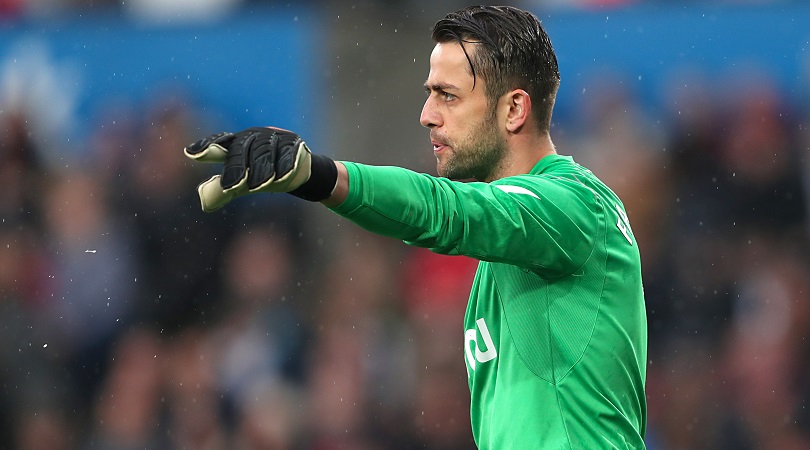
Swansea: Lukasz Fabianski
It’s of little consequence, but Swansea’s season would have been considerably worse were if not for Fabianski. Undersized for his position and devalued by that small sample of games at Arsenal, the Pole has completely rehabilitated his reputation with his performances this term.
Swansea were already a Championship side in all but name, but there was a poetic justice and also some neat symbolism to Fabianski’s futile penalty save on the final day. All too often, he was the only reliable part of this side.
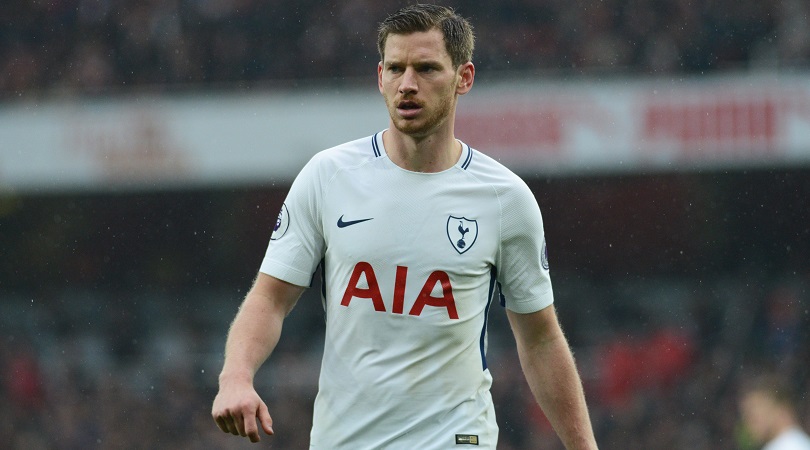
Tottenham: Jan Vertonghen
Perhaps it’s because of the drama surrounding Toby Alderweireld’s future, but it seems that Vertonghen’s form has passed unnoticed. He was named in the league’s team of the season, but the consensus remains that Tottenham were still without their best centre-half for most of the campaign.
They weren’t: Alderweireld is an excellent defender, but Vertonghen is now arguably the division’s best. His aggression in the tackle and line-breaking passing make him the ideal blend between old and new-school defender. He can even play as a wing-back, albeit a slightly unlikely one.
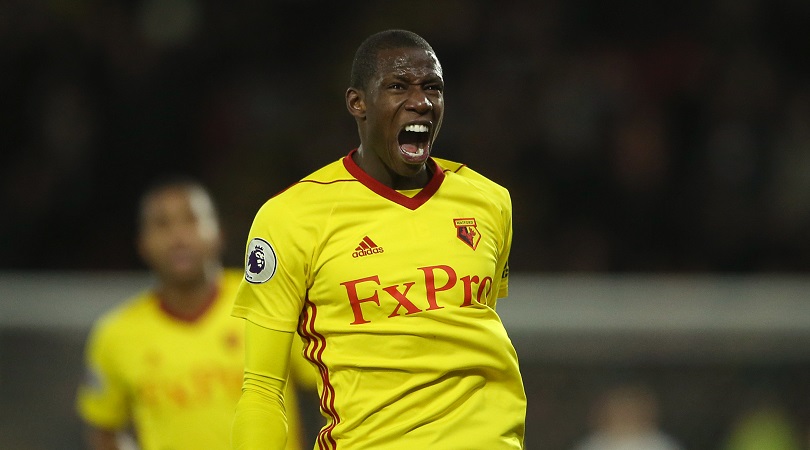
Watford: Abdoulaye Doucoure
Last year’s outsider was reanimated by Marco Silva, and that improvement outlasted the manager. Even when Watford clocked out for the season, the Frenchman was still performing at a high level.
The Patrick Vieira comparison has always been lazy, but Doucoure has shown the breadth of influence that will certainly make him interesting to bigger clubs this summer. He is Watford’s midfield: a shield for their defence, their most reliable man in possession, and – tellingly – was also their top scorer in 2017-18.
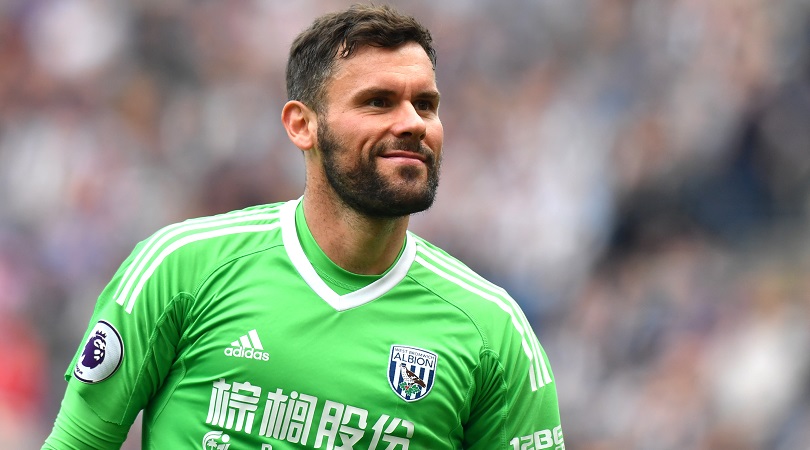
West Brom: Ben Foster
The story around West Brom was so negative for so long that it was easy to miss Foster’s contribution. The goalkeeper was a hero of the late revival and has attracted praise accordingly, and he’s one of the few players to emerge from this season with a semblance of credit.
He wasn’t excellent in a way that warrants hyperbole, but simply good enough to be excused criticism. The Baggies may be going down, but at 35 and with just a year left on his contract, Foster may not be going with them.
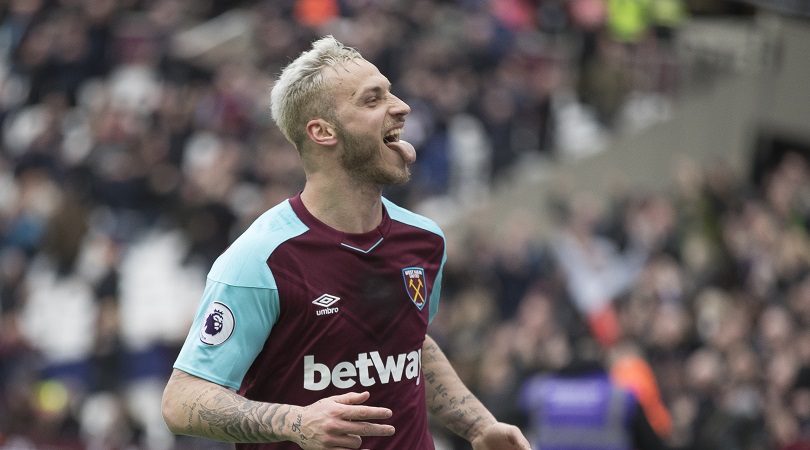
West Ham: Marko Arnautovic
Take Arnautovic’s contributions away from West Ham’s 2018 and they might well have been playing Championship football next season. Moody and hostile, capable of being brilliant and awful in the same week, the Austrian produced goals notable not only for their impact, but also because they propped up a team who were, in almost every other department, distinctly flawed.
In fact, the stranger the atmosphere around the club became, the better he seemed to get. Say what you will about the player’s psychological composition, there’s little doubting his value. He'll be the key conversation for whoever is the manager next season.

Greg Lea is a freelance football journalist who's filled in wherever FourFourTwo needs him since 2014. He became a Crystal Palace fan after watching a 1-0 loss to Port Vale in 1998, and once got on the scoresheet in a primary school game against Wilfried Zaha's Whitehorse Manor (an own goal in an 8-0 defeat).
